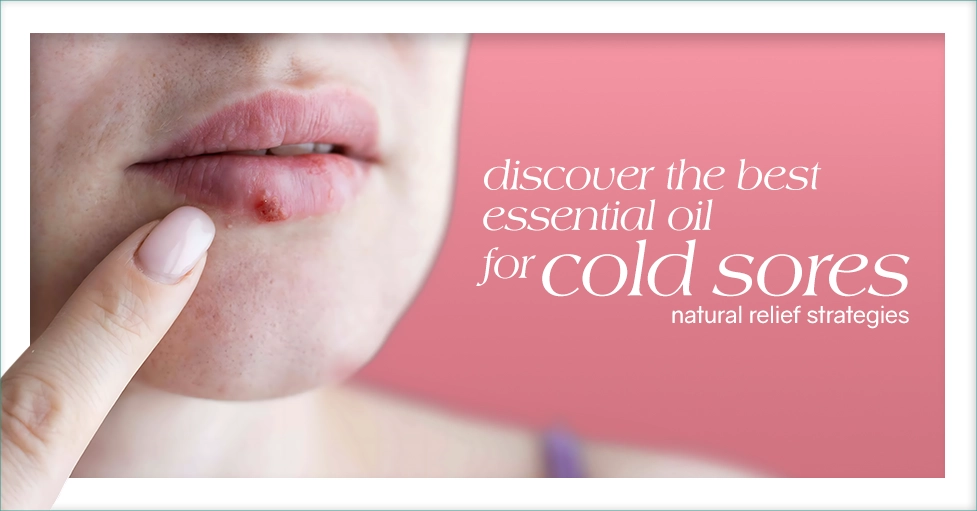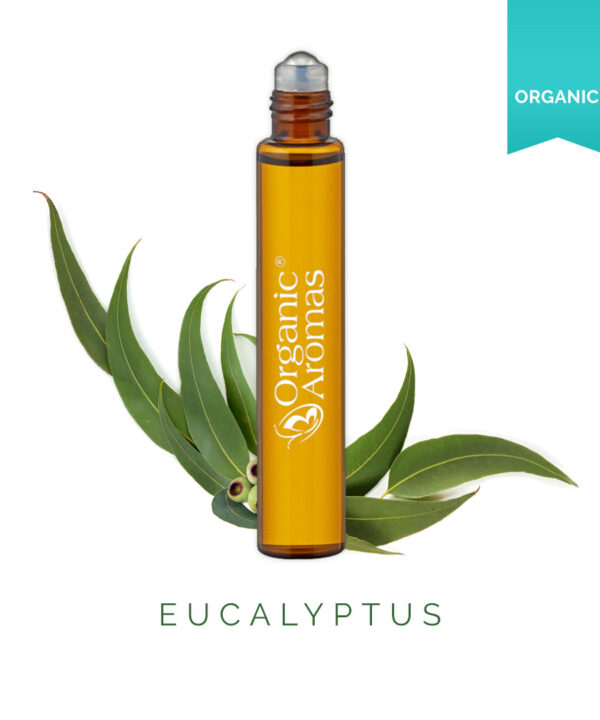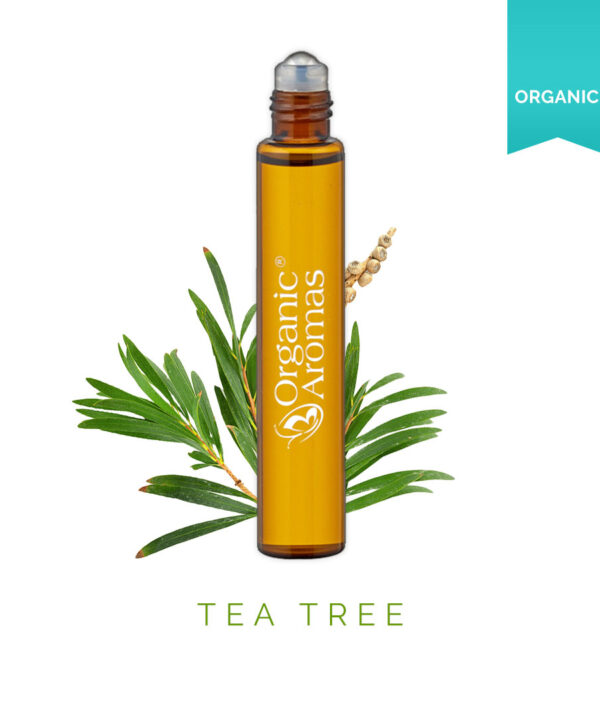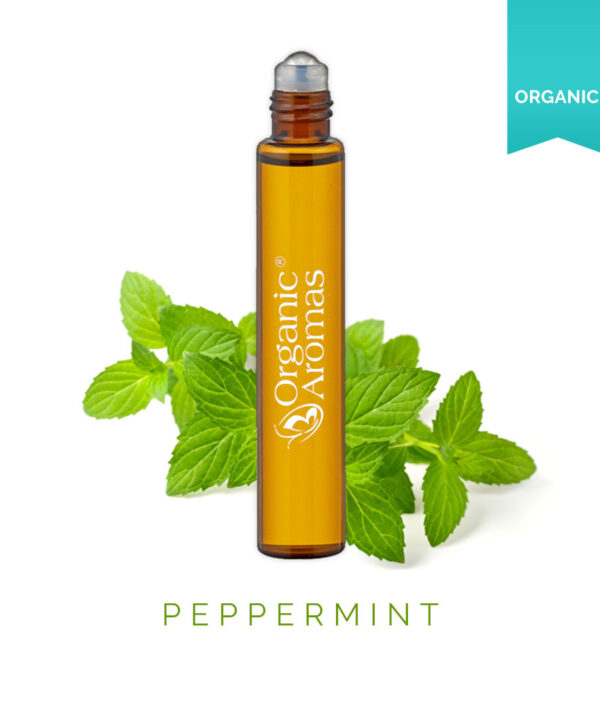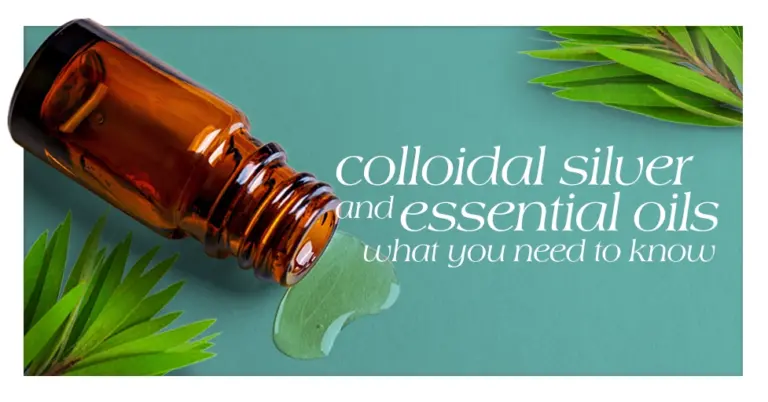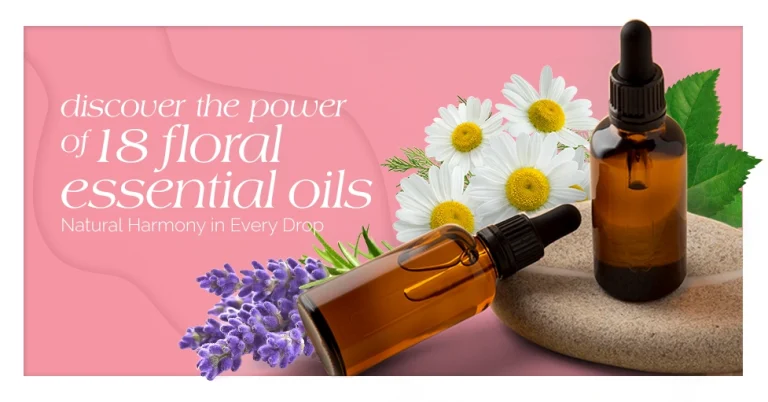Discover the Best Essential Oil for Cold Sores: Natural Relief Strategies
If you’re searching for the best essential oils for cold sores, look no further. Essential oils like tea tree, peppermint, and eucalyptus are celebrated for their antiviral properties that target cold sore symptoms effectively. Research suggests these oils (and several more), when diluted with carrier oils like coconut oil or sweet almond oil, can be effective against the herpes simplex virus type responsible for cold sores. Read on to understand how to harness these oils for your relief, safely and naturally.
Important Points About the Best Essential Oil for Cold Sores
Unlocking the Power of Essential Oils Against Cold Sores
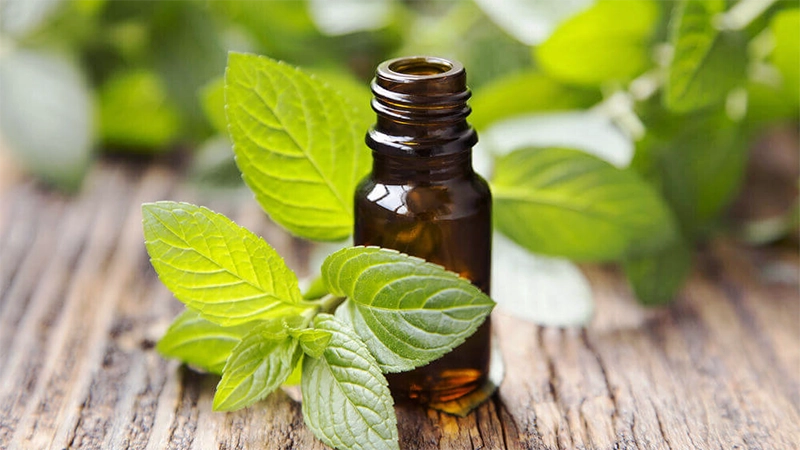
You may question the effectiveness of home remedies like essential oils in dealing with something as persistent as cold sores. It all lies in their potent antiviral properties. These properties make them effective natural remedies for managing the symptoms of cold sores. But not all essential oils are created equal. Studies have shown that specific essential oils, such as tea tree, peppermint, and eucalyptus, can exhibit potent antiviral activities against enveloped viruses, even drug resistant strains resistant to other treatments.
Topical application of certain essential oils, like ginger oil, can soothe irritation and reduce cold sore symptoms. However, using essential oils for cold sores isn’t as simple as just applying the oil to your skin. Knowing how to safely and effectively use these potent oils is key to maximizing their benefits. Carrier oils play a significant part in this process, which we will discuss further.
Tea Tree Essential Oil: Nature’s Antiseptic
Tea tree oil, often referred to as nature’s antiseptic, is one of the most popular essential oils for cold sores. Its antiviral activity against HSV-1, the virus responsible for cold sores, has been demonstrated in vitro. But that’s not all. The antiviral, anti-inflammatory, and antiseptic properties of tea tree oil1contribute to its popularity in treating cold sores.
However, as with all essential oils, the potency of tea tree oil necessitates careful usage. Allergic reactions can occur, and it’s important to test for a negative reaction before widespread use. Once diluted, it can be applied to the cold sore five times a day for enhanced efficacy. Just remember, moderation is key. Prolonged use of tea tree oil should be avoided to prevent skin damage.
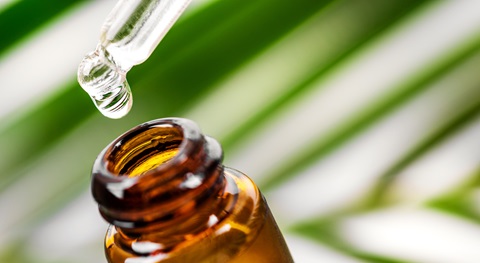
Melissa (Lemon Balm) Oil: The Gentle Healer
Melissa oil, extracted from lemon balm leaves, is a gentle yet potent fighter against cold sores. Melissa officinalis extract is renowned for its antiviral properties, especially against HSV-1, Melissa oil has been a preferred choice for natural cold sore treatment. Its soothing nature helps in reducing redness and swelling associated with cold sores, promoting a quicker healing process.
Melissa officinalis oil affects infectivity of enveloped herpesviruses: A study found that Melissa officinalis essential oil exhibits significant antiviral activity against HSV-1 and HSV-2 in vitro. The oil was able to inhibit viral plaque formation at very high dilutions, suggesting that lemon balm oil might be suitable for topical treatment of herpetic infections.
The study indicates that Melissa oil affects the virus before adsorption but not after penetration into the host cell, implying a direct antiviral effect on herpesviruses2
When using Melissa oil, diluted oil application with a carrier oil like jojoba or coconut oil is recommended to avoid skin irritation. Apply the diluted oil gently on the affected area a few times a day. Its calming scent also offers the added benefit of stress relief, which can be helpful since stress is a known trigger for cold sore outbreaks.
Peppermint Essential Oil: Cooling Viral Inhibitor
Next on our list is peppermint oil, a cooling viral inhibitor. This oil can curb herpes virus activity thanks to its antiviral, antiseptic, and antibacterial properties, making it a popular choice for treating cold sores. Interestingly, research shows that peppermint oil has similar antiviral medication-like properties to other more traditional treatments.

Join Our Exclusive Member Club to get Big Discounts!
Always dilute peppermint oil with a milder oil such as almond oil before application. A few drops can then be directly applied to the affected area, known as fever blisters. Remember, it’s essential to follow these dilution guidelines to avoid skin irritation and maximize the therapeutic benefits of the oil.
Eucalyptus Essential Oil: The Soothing Protector
Eucalyptus oil also serves as a potent aid in managing cold sores. With its antiviral and anti-inflammatory properties, this oil can help alleviate cold sore symptoms. The compound 1,8 Cineole found in eucalyptus oil3 helps fight infection, reduce inflammation, irritation, and redness, and promote healing of cold sores.
However, like other essential oils, eucalyptus oil should be mixed with a carrier oil for safe application. By adding a few drops into a carrier oil or personal care products, you can create a soothing blend that effectively reduces cold sore symptoms.
| Essential Oil | Key Component | Properties | Benefits |
|---|---|---|---|
| Tea Tree Oil | Terpinen-4-ol | Antiviral, Antiseptic | Effective against HSV-1, reduces cold sore symptoms |
| Peppermint Oil | Menthol | Antiviral, cooling | Inhibits herpes virus, soothes cold sore discomfort |
| Eucalyptus Oil | 1,8-Cineole | Antiviral, Anti-inflammatory | Alleviates symptoms, reduces inflammation |
| Melissa (Lemon Balm) Oil | Citral, Citronellal | Antiviral, Soothing | Speeds up healing, reduces swelling and redness |
| Thyme Oil | Thymol | Antiviral, Antimicrobial | Shortens cold sore duration, prevents secondary infections |
| Lavender Essential Oil | Linalool, Linalyl acetate | Analgesic, Anti-inflammatory | Relieves pain, reduces inflammation |
| Clove Oil | Eugenol | Analgesic, Antiviral | Alleviates pain, effective against herpes simplex virus |
Thyme Oil: The Potent Defender
Thyme oil, with its powerful antiviral properties, stands as a potent defender against the herpes simplex virus. Its active compound, thymol, is effective in reducing the severity and duration of cold sores. Thyme oil’s antimicrobial qualities also assist in preventing secondary infections, which can be beneficial for those with weakened immune systems.
To use thyme oil safely, it should be diluted with a carrier oil such as olive oil or grape seed oil. Product manufacturers addressed safety by recommending that selected monoterpenes derived from thyme be used at safe concentrations. Apply the blend directly to the cold sore with a cotton swab a few times daily. The oil’s robust nature not only combats the virus but also stimulates the immune response, aiding in faster recovery.
The Synergy of Carrier Oils and Essential Oils
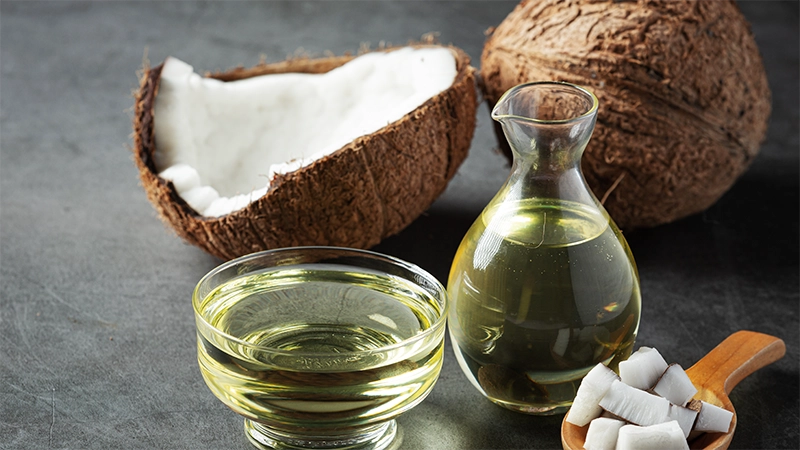
Also known as ‘fixed oils’, carrier oils are vital for the safe and beneficial use of essential oils. By providing necessary lubrication for deeper penetration, these oils help enhance the absorption of essential oils into the skin. Preferred carrier oils for cold sores include:
These oils have properties that complement the therapeutic effects of essential oils.
Using carrier oils with essential oils is crucial for safe application, especially when treating skin conditions such as cold sores, to minimize the risk of skin irritation. In essence, the combination of carrier oils and essential oils creates a synergy that provides safe and effective relief from cold sore symptoms.
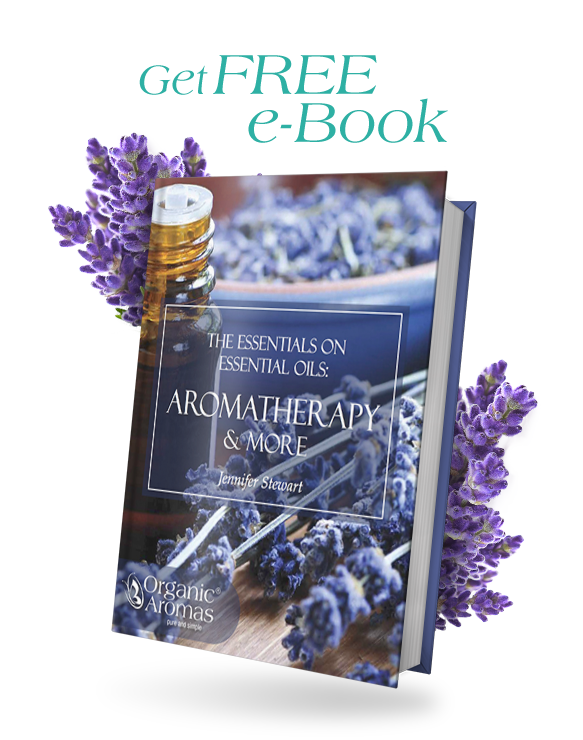
Sign Up to Get Your FREE
e-Book Here…
Sweet Almond Oil: Gentle and Nourishing
Sweet almond oil is a gentle and nourishing carrier oil that’s ideal for facial care and sensitive skin. It contains oleic acids (Omega 9) and linoleic acids (Omega 6) that maintain skin and hair softness, exhibit anti-inflammatory properties, and stimulate hair growth. Moreover, it’s non-comedogenic, anti-bacterial, and non-greasy, providing gentle nourishment without clogging pores.
Derived from the sweet almonds of the Prunus amygdalus var. dulcis, which bears white flowers, sweet almond oil provides a gentle, nourishing base for blending with essential oils. It’s a versatile oil that can be combined with various essential oils to create effective cold sore remedies.
Coconut Oil: A Double Duty Moisturizer
Coconut oil is another excellent carrier oil for cold sore treatment. It contains medium-chain triglycerides, monolaurin, and lauric acid, substances with antiviral, antimicrobial, and antibacterial properties effective against the herpes simplex virus. Additionally, virgin coconut oil’s anti-inflammatory and analgesic properties can lessen swelling and pain, aiding in the healing process of cold sores.
Apart from its medicinal properties, coconut oil also acts as a double-duty moisturizer. Its moisturizing effects soothe the affected area, lessening the discomfort and visible symptoms of cold sores. Regular application of coconut oil on cold sores may help:
Crafting Your Own Cold Sore Remedies
Familiarity with various essential and carrier oils puts you in a good position to create your own cold sore remedies. Several essential oils can offer natural relief from cold sores due to their antiviral, anti-inflammatory, and painkilling properties. Some oils to consider are:
However, remember that certain essential oils, such as lemon balm essential oil, should be diluted with a carrier oil to avoid skin irritation when applied to treat cold sores. Clove oil and lavender essential oil, known for their antiviral and soothing properties, can also be effective when blended correctly.
Pregnant women, the elderly, small children and individuals concerned about environmental neuro development risks should consult a healthcare provider before using these oils. With the right blend of essential and carrier oils, you can create a natural remedy that decreases symptoms and expedites the healing process of cold sores.
Blending for Balance: Mixing Oils Effectively

Blending essential oils with carrier oils is an essential step for their safe and effective application. Health claims regarding essential oils should be approached with caution, as they are not regulated like other chemicals in personal care products. Dilute essential oils must always be used with carrier oils to ensure safe topical application and prevent skin irritation. Generally, the recommended dilution ratio for applying essential oils to the skin is between 2-5 drops of essential oil per 1 ounce of carrier oil, with 3 drops being recommended.
Carrier oils such as coconut oil or jojoba oil provide a nonabrasive base that helps to prevent further skin inflammation when treating cold sores. So, when you’re creating your blend, ensure you have the right balance of essential and carrier oils to maximize safety and efficacy. Keeping a variety of these oils in your medicine cabinet can be helpful for immediate access during an outbreak.
Application Techniques: Maximizing Benefits
The effective application of your oil blend holds equal importance to its creation. It’s best to apply diluted essential oils directly to the cold sore using a clean cotton swab for precise application and to avoid spreading the infection. You can also use a clean fingertip to gently dab the oil blend onto the cold sore, avoiding aggressive rubbing that can cause further irritation.
It’s also important to avoid contamination. Do not dip the same applicator back into the oil blend after it has touched the cold sore; use a fresh applicator each time. And don’t forget to limit the frequency of essential oil application to avoid skin irritation. For example, tea tree oil should not be applied more than twice per day.
Beyond the Bottle: Complementary Cold Sore Strategies
Despite the high effectiveness of essential oils against cold sores, they are merely a part of the overall solution. Complementary strategies can provide a more comprehensive approach to managing cold sores. Natural remedies like:
Products like propolis and kanuka honey have also been identified as beneficial for healing cold sores and can be integrated with essential oil treatments for a more comprehensive approach to managing cold sore symptoms. In addition to these remedies, boosting your immune system through diet and managing stress can further help in managing cold sores.
Boosting Immunity: Foods and Supplements

Combatting the herpes simplex virus, which causes cold sores, necessitates a robust immune system. Certain foods and supplements can help boost your immune system. For instance, lysine, an amino acid, can decrease the duration and recurrence of herpes outbreaks and is found in:
You can also take lysine as a supplement.
Vitamins also play a significant role in boosting your immune system. Here are some vitamins and their food sources that can help boost your immune system:
Minerals, too, are important for immune function. Zinc, essential for immune function and wound healing, may reduce herpes outbreaks and is found in oysters, red meat, poultry, eggs, beans, nuts, chickpeas, and oats. Selenium acts as an antioxidant supporting immune function and reducing inflammation, with sources including Brazil nuts, fish, poultry, and whole grains.
A balanced diet incorporating key antioxidants from cauliflower, spinach, kale, and tomatoes may reduce oxidative stress, supporting the immune system in managing herpes outbreaks. Omega-3 fatty acids, which may aid in managing chronic inflammatory conditions linked to herpes outbreaks, can be found in salmon, mackerel, flaxseed, and chia seeds.
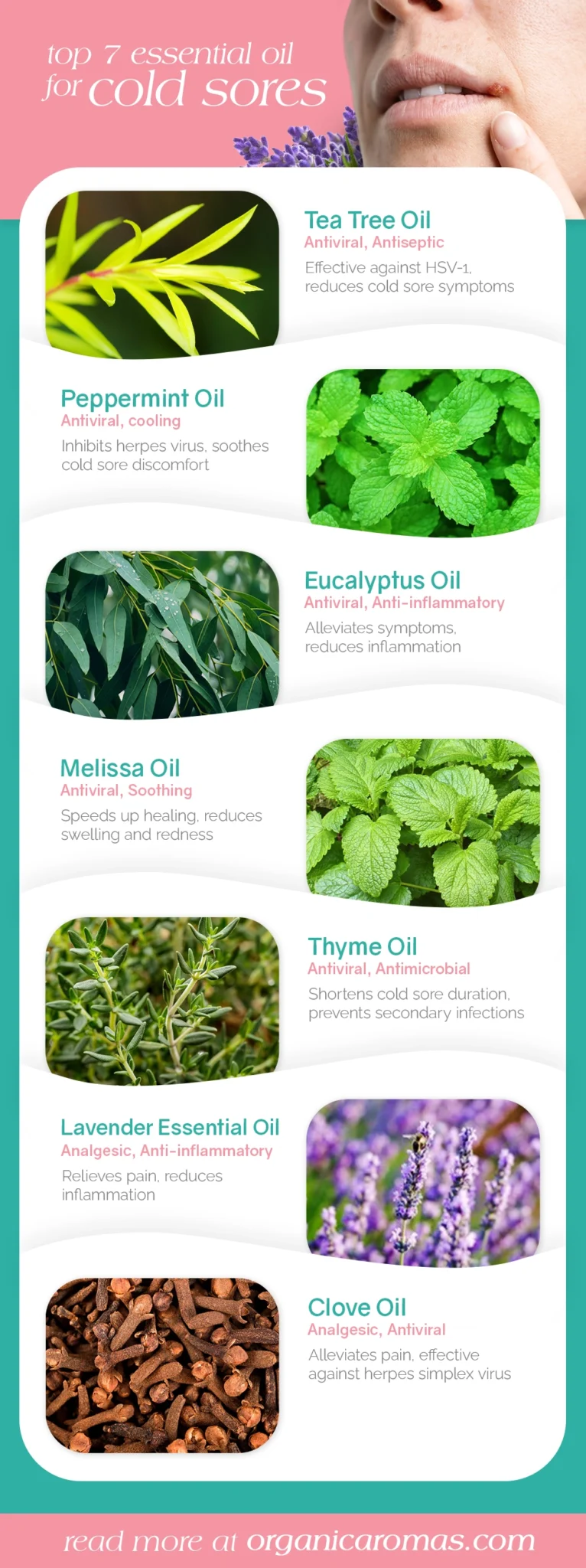
Stress Management: Reducing Outbreak Triggers
Are you aware that stress can act as a trigger for cold sore outbreaks? Yes, it’s true. Stress is a known trigger for the reactivation of the herpes virus, contributing to cold sore outbreaks. But don’t worry, there are ways to manage stress. Regular physical activity and engaging in stress-reducing activities like deep breathing, meditation, and cold water therapy can help manage stress levels.
Ensuring adequate sleep is a critical factor in managing stress, which in turn can contribute to a lower frequency of cold sore outbreaks. Establishing a consistent routine of stress-reducing activities can maintain lower stress levels, potentially reducing the frequency of herpes virus reactivation.
In some cases, accepting the occurrence of cold sores and seeking professional help for underlying stressors like social anxiety can foster healthier coping mechanisms and decrease the likelihood of stress-induced flare-ups.
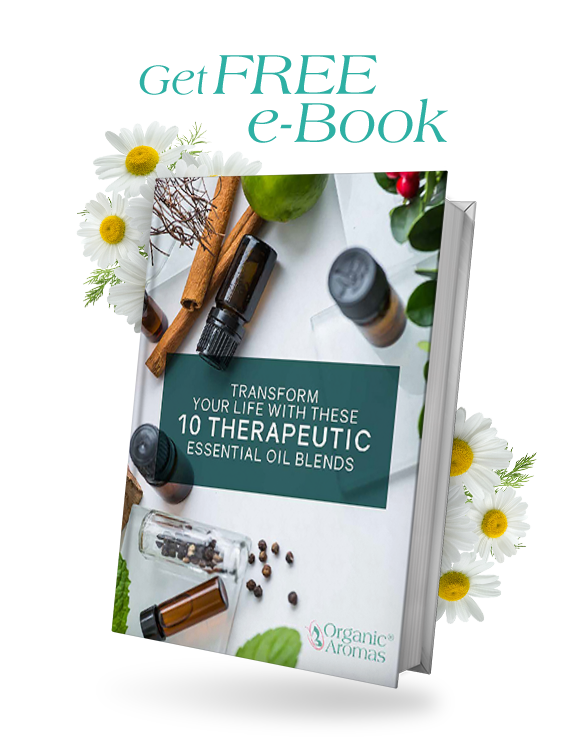
Sign Up to Get Your FREE Essential Oils e-Book Here
Safety First: Precautions with Essential Oils
Safe usage is important when utilizing the benefits of essential oils for managing cold sores. Allergic reactions to essential oils can manifest as hives, redness, or itching, and conducting a patch test before use can help prevent these reactions.
Essential oils should be properly diluted with carrier oils to minimize the risk of irritation and enhance absorption, and their frequency of application should be carefully managed. It’s critical to discontinue the use of essential oils for cold sores if negative reactions, such as moderate stinging, burning, or bleeding, occur at the application site.
Remember, moderation in the use of essential oils is key to preventing overuse, which can weaken the skin’s epidermis and impair its ability to repair itself.
Recognizing Allergic Reactions: What to Look For
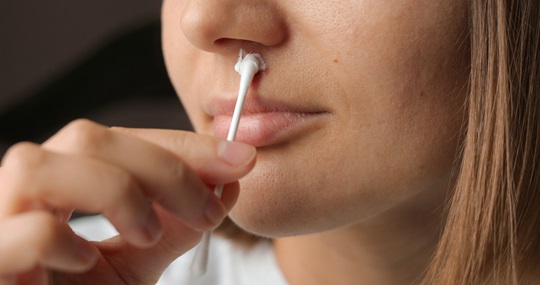
For your safety, it’s vital to be aware of the signs of an allergic reaction to essential oils. Symptoms of an allergic reaction include:
Allergic contact dermatitis, a common reaction to essential oils, is a delayed hypersensitivity reaction with symptoms appearing 12 to 72 hours after exposure.
If you experience symptoms such as hives, redness, or itching at the site of application, it is important to discontinue the use of the essential oil immediately. Remember, your safety is paramount, and it’s always better to err on the side of caution when using essential oils.
Patch Testing: A Necessary Step
Conducting a patch test is important before you begin applying essential oils to a larger skin area to ensure no allergic reaction occurs. To conduct a patch test, follow these steps:
- Wash the forearm
- Apply a few drops of diluted essential oil mix (2-5 drops of essential oil per 1 ounce of carrier oil).
- Cover with a bandage.
- Wait 48 hours to monitor for allergic reactions.
If no reaction occurs within 48 hours, it is less likely that there is an allergy or sensitivity to the tested oil. However, this does not guarantee that no allergic reaction will occur in the future.
It’s also important to note that each essential oil, such as chrysanthemum oil, needs a specific patch test, as individual sensitivities can vary greatly.
When to Seek Professional Help
There are times when professional help is necessary, despite the relief that essential oils can provide from cold sores. If the cold sores do not heal within two weeks or if the symptoms are severe, it’s important to consult a doctor. You should also seek help if you experience frequent cold sore recurrences. Certain symptoms, such as those affecting your eyes, can indicate a more serious infection, and medical advice should be sought.
People with eczema who develop cold sores need to see a healthcare provider promptly due to the risk of a life-threatening infection called eczema herpeticum. Similarly, those with a compromised immune system should seek medical attention for cold sores.
Navigating the Market: Choosing Quality Oils
Selecting suitable essential and carrier oils for your cold sore treatment can seem overwhelming given the multitude of options available. When looking for essential oils, it’s important to identify ones with a clear list of ingredients and composition to ensure purity and quality.
Be cautious of claims made by essential oil manufacturers, as they are not always evaluated by the FDA. Consider the research and evidence regarding the effectiveness of essential oils against the herpes simplex virus to ensure they offer the therapeutic benefits needed for treating cold sores. By following these guidelines, you can select quality oils that are both safe and effective for your cold sore treatment.
Best Essential Oil for Cold Sores: The Bottomline
Navigating the world of cold sore remedies need not be a challenge. Essential and carrier oils offer a natural, effective, and science-backed solution. By understanding their properties, learning how to blend and apply them correctly, and complementing them with a healthy diet and stress management, you can manage cold sores more effectively. Remember, your safety is paramount, so always perform a patch test before using a new oil and seek professional help when necessary. Here’s to a future with fewer cold sore outbreaks and more natural, holistic healing.
Frequently Asked Questions
What’s the best essential oil for cold sores?
Tea tree oil, peppermint oil, anise oil, oregano oil, lemon balm oil, thyme oil, ginger oil, and chamomile oil are all essential oils that can help treat cold sores.
Does tea tree oil treat cold sores?
Yes, tea tree oil can treat cold sores due to its anti-viral properties and ability to expedite the healing process. It can be applied directly to the sore several times a day and before bed for best results.
Does frankincense help with cold sores?
Yes, frankincense has shown potential for treating Herpes simplex type I infections and has demonstrated anti-herpes activity and immunomodulatory effects.
How should I apply essential oils to cold sores?
You should dilute essential oils with a carrier oil and apply them using a clean cotton swab or fingertip to the cold sore. Be gentle to avoid further irritation. Also, you should discontinue use and seek the advice of a doctor of symptoms do not improve.
- Carson, C., Ashton., L., Dry, L., Smith, D., & Riley, T., 2001. Melaleuca alternifolia (tea tree) oil gel (6%) for the treatment of recurrent herpes labialis.. The Journal of antimicrobial chemotherapy, 48 3, pp. 450-1 . https://doi.org/10.1093/JAC/48.3.450.
- P. Schnitzler, A. Schuhmacher, A. Astani and J. Reichling. “Melissa officinalis oil affects infectivity of enveloped herpesviruses..” Phytomedicine : international journal of phytotherapy and phytopharmacology, 15 9 (2008): 734-40 . https://doi.org/10.1016/j.phymed.2008.04.018.
- Ejike, U., & Anunobi, O. (2022). Antioxidant, dermal and acute toxicological effects of Eucalyptus camaldulensis (Dehn-Blakely) essential oil on male Wistar rats. Journal of Phytomedicine and Therapeutics. https://doi.org/10.4314/jopat.v21i2.11.

